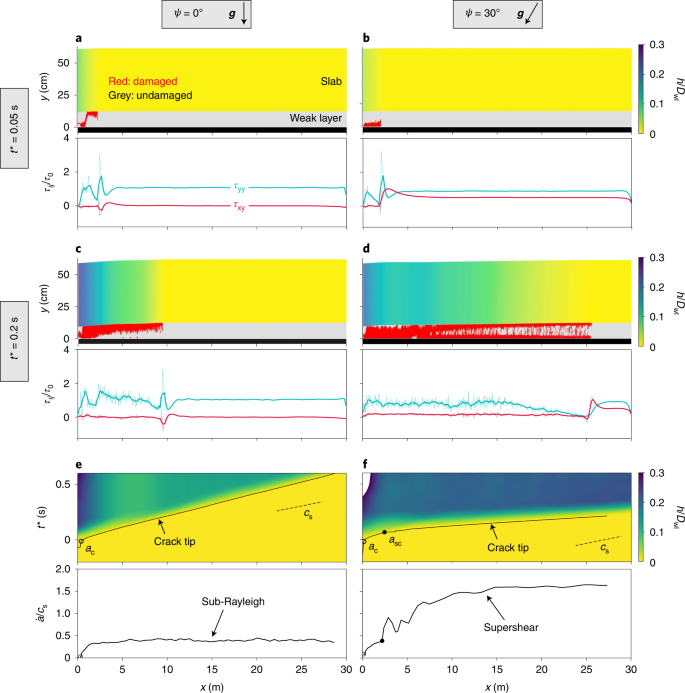量子システムを時間的に逆行させ、順行させると、情報の漏洩とスクランブルを区別することができる Running a quantum system backward, then forward in time distinguishes information leaks from the desired information scrambling
2022-07-27 アメリカ・ロスアラモス国立研究所(LANL)
量子システムとサブシステムを用意し、全システムを時間的に前方に進化させ、別のサブシステムに変化を起こし、その後、同じ時間だけシステムを後方に進化させるものである。2つのサブシステム間の情報の重なりを測定することで、スクランブルによってどれだけの情報が保存され、どれだけの情報がデコヒーレンスで失われたかがわかる。
<関連情報>
- https://discover.lanl.gov/news/0726-anti-butterfly-effect/
- https://journals.aps.org/prl/abstract/10.1103/PhysRevLett.129.050602
情報スクランブルのベンチマーク Benchmarking Information Scrambling
Joseph Harris, Bin Yan, and Nikolai A. Sinitsyn
Physical Review Letters Published 26 July 2022
DOI:https://doi.org/10.1103/PhysRevLett.129.050602
ABSTRACT
Information scrambling refers to the rapid spreading of initially localized information over an entire system, via the generation of global entanglement. This effect is usually detected by measuring a temporal decay of the out-of-time order correlators. However, in experiments, decays of these correlators suffer from fake positive signals from various sources, e.g., decoherence due to inevitable couplings to the environment, or errors that cause mismatches between the purported forward and backward evolutions. In this Letter, we provide a simple and robust approach to single out the effect of genuine scrambling. This allows us to benchmark the scrambling process by quantifying the degree of the scrambling from the noisy backgrounds. We also demonstrate our protocol with simulations on IBM cloud-based quantum computers.



